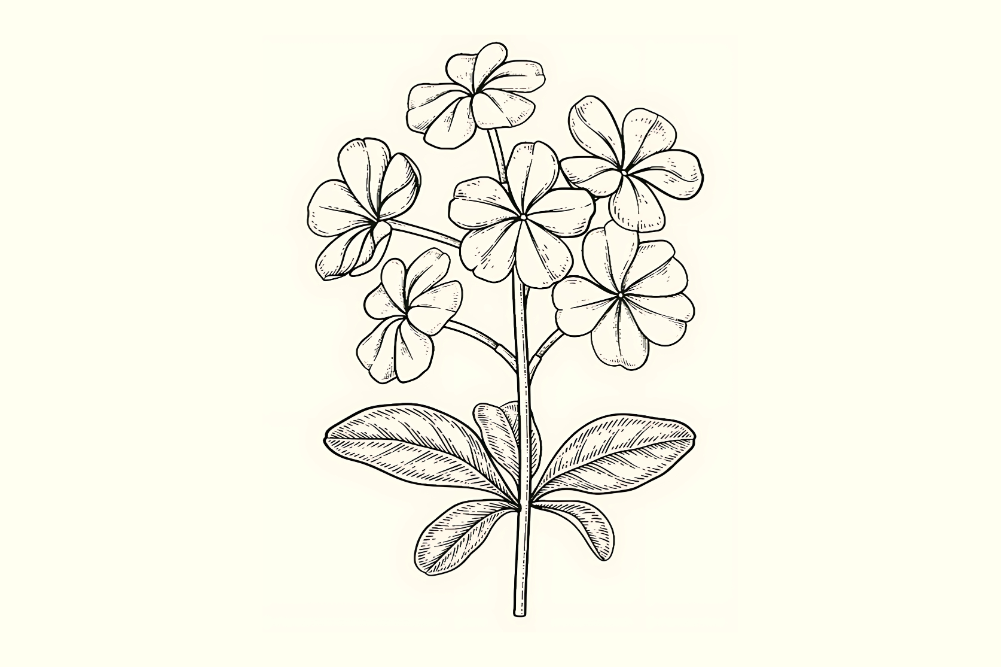Organic farming is sustainable
If you read the scientific literature, if you apply a bit of common sense, it is clear that organic and ethically produced food is better for you. Nevertheless, those who for some reason oppose organic farming will claim that organic farming may be a useful niche activity for the middle class but it is not a way to feed the world into the future. These arguments suggest that organic agriculture is inefficient as it requires more land to yield the same amount of food. This last argument has been addressed in a new report from researchers at Washington State University.
The new study involved an analysis of hundreds of published studies from the last 40 years that compare organic to conventional farming. The conclusion of the researchers is that organic farming can produce sufficient yields, be profitable for farmers, enhance the environment, and be safer for farmers.
Organic farming can produce sufficient yields, be profitable for farmers, enhance the environment and be safer for farmera
In detail, the researchers found that in drought conditions, which are expected to increase with climate change, organic farms have the potential to produce high yields because of the greater capacity of organically farmed soil to hold water. However, the researchers point out that even when yields are lower organic farming can still be profitable for farmers as consumers are willing to pay more and that can allow organic farmers to continue to support the ecosystem. Many studies in the review did indicate that organic farms store more soil carbon, have better soil quality, reduce soil erosion, produce less soil and water pollution, and lower greenhouse gas emissions. According to the review organic farming also creates greater biodiversity of plants, animals, insects, and microbes. Among the benefits of biodiversity are improved natural processes like pollination and enhanced capacity of farms to adapt to changing climactic conditions.
The researchers do not advocate organic farming as the only way to produce food for the future. However, they do conclude that the way forward is a blend of organic farming, agroforestry, integrated farming, conservation agriculture, and mixed crop/livestock farming.
There are still hurdles to this picture of future farming such as difficulties with organic certification and lack of related infrastructure but whatever the hurdles are, they are worth overcoming.








